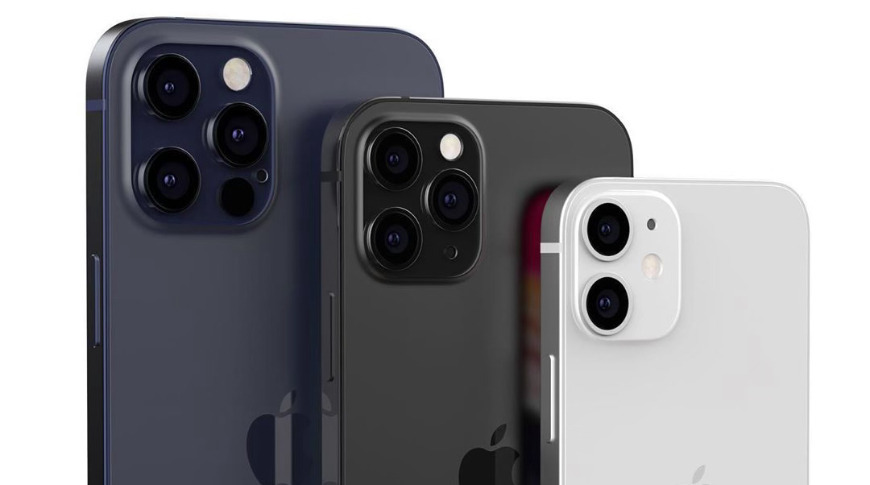In an unprecedented move, France’s Agency of National Frequencies (ANFR) has temporarily suspended the sale of Apple‘s iPhone 12 series due to concerns over radiation emissions. While the suspension raises questions about the iPhone’s safety, it also draws attention to the varying global standards for electromagnetic radiation.
Apple responded by saying that the iPhone 12 has already passed all radiation tests
The French regulatory body took the action after finding that the iPhone 12’s “specific absorption rate” (SAR)—a measure of electromagnetic waves absorbed by the human body—exceeded the European Union’s (EU) legal limit. According to ANFR, the iPhone 12 series had an SAR rate of 5.74 watts per kilogram at a 5 mm distance, surpassing the EU’s cap of 4.0 watts per kilogram.

Apple quickly responded, asserting that its iPhone 12 line had received certifications from multiple international bodies and met global radiation norms. The tech giant also stated that it had shared comprehensive test reports with ANFR to prove its compliance.
What’s intriguing here is the discrepancy in global radiation standards. The EU’s restrictions are notably stricter than those in other parts of the world, leading some experts to argue that the EU is over-cautious. Nevertheless, France’s actions have ignited a global debate on whether current radiation benchmarks are adequate.
The standoff between France and Apple presents an opportunity for reevaluating international radiation norms. With technology becoming increasingly interwoven into daily life, discussions on its safety implications are crucial. As the matter unfolds, it serves as a wake-up call to regulatory agencies worldwide to scrutinize whether their existing standards are both current and universally applicable.
While Apple engages with ANFR to resolve the issue, consumers are left pondering: Are our devices as safe as we think, or is it time to push for a global standardization in radiation limits? With the unveiling of the 2023 iPhone line, Apple finds itself in an uncomfortable spotlight, one that could very well influence global policies on tech safety.
(Via)







